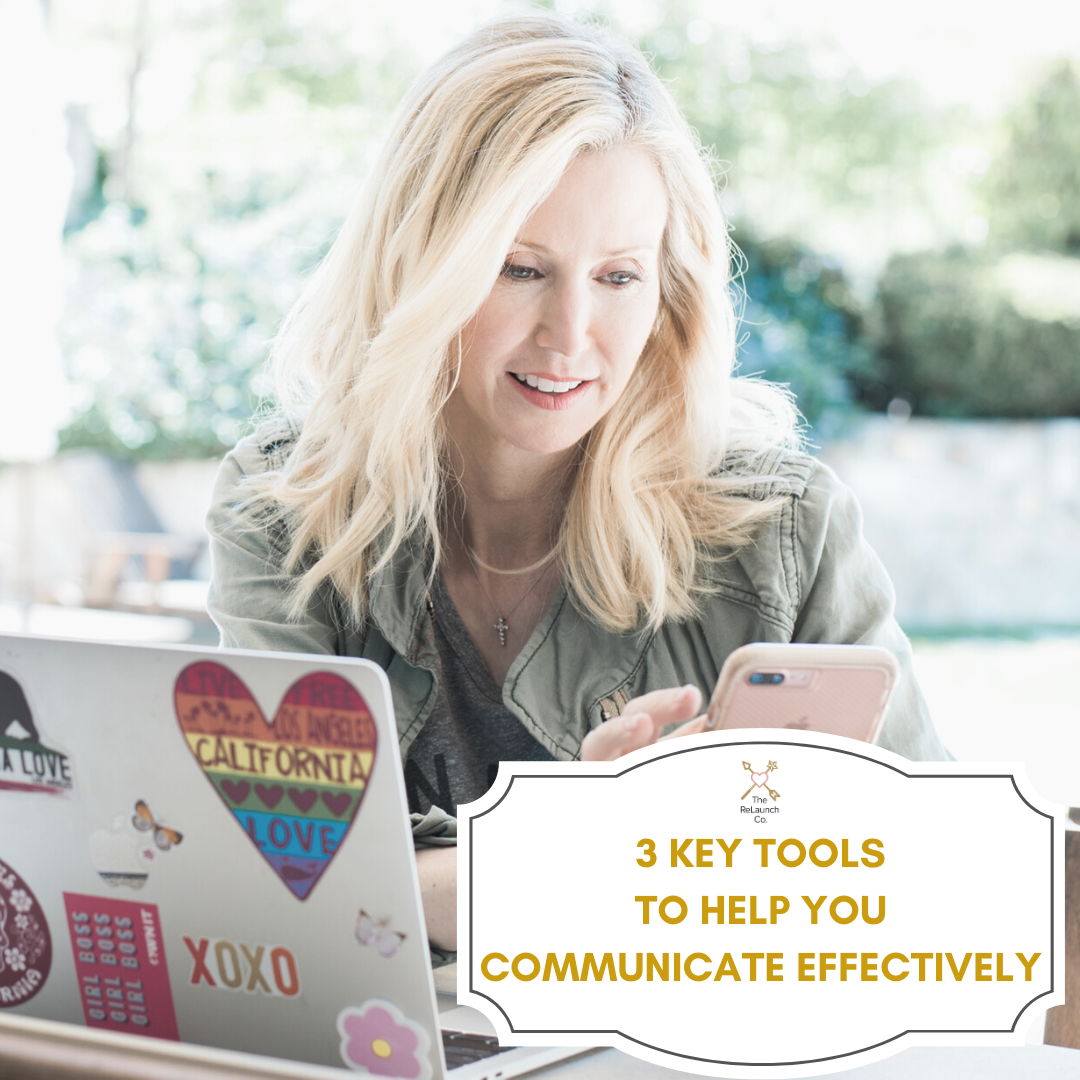
3 Key Tools to Help You Communicate Effectively

Did you know that effective communication can lead to lasting success?
When you have the tools you need to successfully interact with others, it can change the course of your relationships, your career, and your life.
Nationally recognized family law and mediation attorney Susan Guthrie was a successful litigator in the divorce space for 20 years, helping her clients get what they wanted according to the law. But in reality, her tactics helped to drive a wedge between two people that in many cases would have to stay in communication, most often as coparents to their children. Going through her own divorce put things into perspective.
Susan decided to give up litigation and open her own firm as a mediator. This made her a neutral party, helping married couples seeking divorce learn to communicate and come to an agreement together.
Today, Susan sees her Mediator Tool Box – the strategies she uses to walk couples through mediation – as effective tools in every area of life.
Maybe you’re currently struggling with a relationship in your own life, be it with a boss or coworker, spouse, or friendship. Or maybe you just want to improve a relationship before it gets to that point.
Susan recommends 3 key tools to boost your communication skills:
- Role Play Your Conversations
This is a great way to recognize and prepare for communication patterns and reactions between parties before they happen, often diffusing difficult conversations.
To start, Susan suggests exploring your goal for the conversation. Here’s an example: Perhaps you’d like to request additional resources for a project at work, resulting in an increase in the budget.
Next, solidify why you want it. The why is key for effective communication because when you share it with the other party, it can seem less demanding and thus less offensive. In this case, the why is you don’t feel you can successfully meet the project deadline with your current resources.
Finally, talk through what you’re going to say to the other person. Then, imagine their response. When you role play how a conversation will go before it happens, you can tweak the words you use and invite the other person to help meet your goal together. For the example, this may look like changing your ask from “I need additional resources to make this project work,” to “I would like to request additional resources for this project because I don’t believe we can successfully meet the deadline.”
- Communicate to Listen
Mirroring is another effective tool to boost effective communication. In sessions, Susan will restate what one person said so that the other can hear it from a neutral party. Restating the main point helps the receiver to hear the true meaning beyond the extra noise that can people off. This includes removing trigger words and phrases like “you always” or “you never.”
Susan suggests mirroring on your own. For example, the next time your significant other complains about a habit of yours that bothers them, search for the main point of their argument. Then restate it to them in a calm way. This won’t be easy at first, but with practice it will validate the interests and position of others in your life in a positive way.
- Own Your Role
This may be the hardest tool to use, but it’s often the most effective long-term. When you encounter conflict, it’s easy to blame the other person and play the victim. Susan did this after her first divorce. In the years that followed, she had time to wake up and own her role in her failed relationship. This led to a deeper connection with her new husband.
Often, the best things in life come from the worst things in life if you’re willing to learn from them.
Take responsibility for your role in every conversation, from your bias to your own wants to the words you choose to speak. With practice you can present your best self to those around you.


Leave a Reply